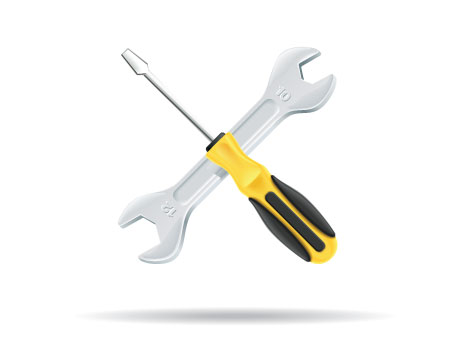20251 SW Acacia Street
Newport Beach, CA 92660
How do I repair my credit?
How you manage your financial activity is the key to raising and lowering your credit score. It doesn't take long for credit card or other debt to escalate, but it can take a long time to correct the problem.
There is no quick fix for poor credit, and you need to be wary of any claim to the contrary! Once you realize you have a problem and want to do something about it, you must make some changes in your financial habits.
Paying off loan balances and other debts, paying your bills on time and reducing credit card debt can all help restore your credit. Once you begin to repair your credit history, you can expect to see improvement in your credit score.
If shaky credit has forced you into an auto loan with a high interest rate, you need to make your payments on time no matter what to get out from under that loan. Using information that comes directly from the credit bureaus, Lendward looks for borrowers who are paying high interest rates and are making their payments on time. This demonstrates they are serious about improving their credit, and indicates less risk of default or late payments. That's how you qualify for a better loan, and you become a prime candidate to receive an offer of credit from Lendward!
In addition to paying off debt, making payments on time and living within your means, there are other things you can do to help get your credit back on track:
- Request a free copy of your credit report and make sure it contains no errors, including incorrect listing of any late payments. You can do this anytime. If you see anything you can legitimately question, take it up with the credit bureau. Your credit report will also help you verify all of your debts. If you ask for it, each of the three credit bureaus (Experian, Equifax and TransUnion) is required by law to send you a free credit report every 12 months.
- Set up a regular payment schedule with plenty of reminders. Do not let any payments slip through the cracks! You can also set up automatic payments to your loan providers and other creditors through your debit account. Above all, make your payments on time — any late payment, even a few days, will have a negative impact on your FICO score.
- Avoid letting an account go into collection, because once you do, it stays on your credit score for seven years even after you pay it off.
- Make sure your payment plan makes the most of your available budget by paying off the highest-interest payments first while maintaining minimum payments on the rest of your accounts.
- Bring all past-due accounts current. And make a commitment to not fall behind again. The longer you make your payments on time, the more your FICO score will increase.
- Keep balances low on credit cards, and don't open new cards you don't need. If you're a new credit user, opening a lot of new cards within a short period can identify you as a risk.

